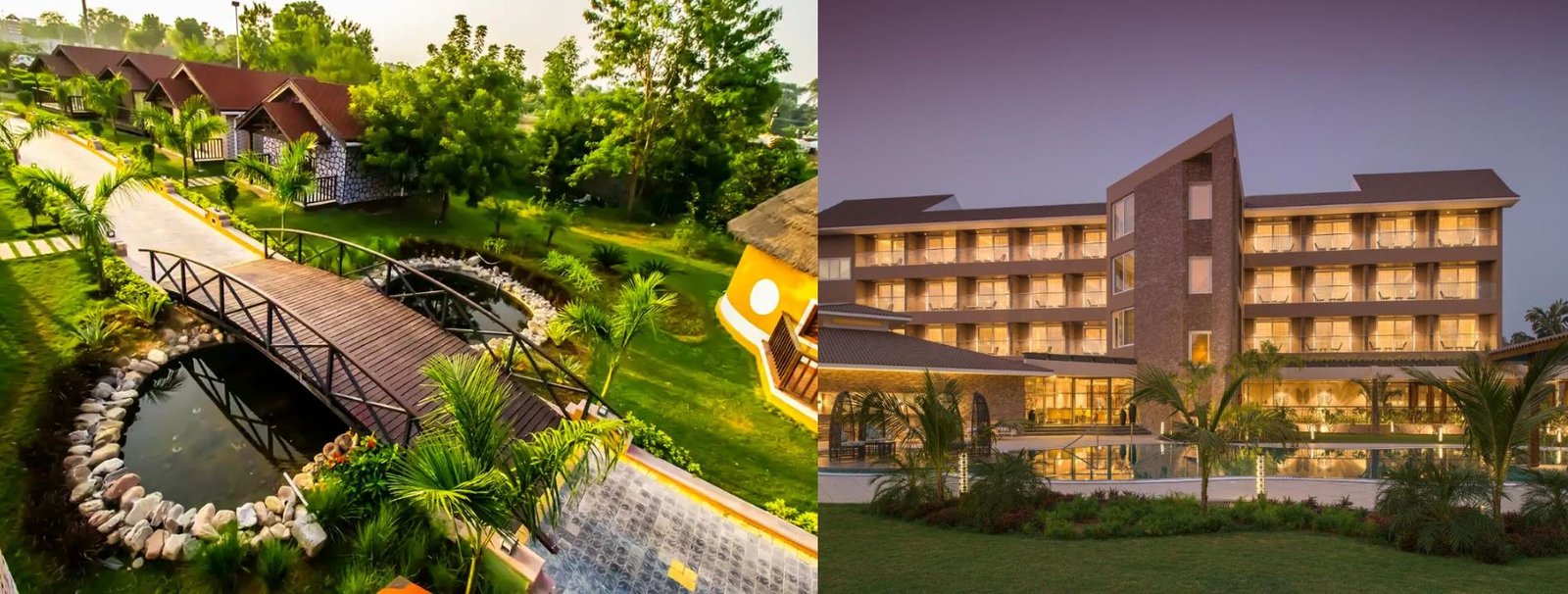
The hospitality industry, with its diverse array of hotels and resorts, offers both investors and businesses enticing opportunities for growth, expansion, and profit. Whether you're looking to sell, purchase, or rent hotel and resort properties, understanding the dynamics of this dynamic market is essential. In this article, we'll explore the intricacies of the hotel and resort market, guiding you through the process of making informed decisions.
If you're a hotel owner or investor looking to sell, the key lies in maximizing the property's value. Here are critical steps to consider:
1. Property Assessment: Begin with a thorough property assessment. Evaluate the condition of the hotel or resort, identifying any necessary repairs or improvements.
2. Market Analysis: Understand the current market conditions and property values in your area. A comprehensive market analysis will help you determine a competitive asking price.
3. Documentation: Compile all essential documents, including financial records, permits, licenses, and maintenance history. Transparency is key to attracting buyers.
4. Marketing Strategy: Utilize various marketing channels to reach potential buyers. Showcase the property's unique features, location advantages, and revenue potential.
5. Real Estate Professionals: Consider hiring a seasoned real estate agent or broker with expertise in the hospitality sector. Their experience can help navigate complex transactions.
6. Negotiation and Due Diligence: Be prepared for negotiations. Buyers may conduct due diligence to assess the property's financials and condition. Work closely with legal professionals to facilitate a smooth closing process.
For investors or businesses seeking to purchase a hotel or resort, it's essential to approach the process strategically. Here's how to get started:
1. Define Your Objectives: Clearly outline your investment goals and objectives. Consider factors such as location, property size, target market, and revenue potential.
2. Financial Preparedness: Assess your financial capacity and secure financing if needed. Be aware of the costs associated with the purchase, including property price, taxes, and potential renovations.
3. Market Research: Conduct extensive market research to identify properties that align with your investment criteria. Look for emerging markets and growth potential.
4. Property Inspection: Once you identify a potential property, perform a comprehensive property inspection. Assess the condition of the hotel or resort, including guest rooms, amenities, and infrastructure.
5. Negotiation: Engage in negotiations with the seller or seller's agent. Be open to flexible terms that can benefit both parties and contribute to a successful deal.
6. Due Diligence: Perform due diligence to review the property's financials, legal standing, and compliance with regulations. Seek professional guidance during this critical phase.
Renting hotel or resort space offers flexibility and convenience for businesses looking to enter or expand in the hospitality sector. Here are key considerations:
1. Space Requirements: Determine the amount of space you need, including guest rooms, amenities, and operational areas. Ensure the rented space aligns with your business needs.
2. Lease Terms: Review lease agreements thoroughly, considering terms such as lease duration, rent structure, maintenance responsibilities, and potential for expansion.
3. Location and Accessibility: Choose a location that suits your target market. Easy access to attractions, transportation, and amenities can enhance your property's appeal.
4. Amenities and Services: Evaluate the available amenities and services, such as restaurants, pools, spa facilities, and conference rooms. These can significantly impact your guests' experience.
5. Cost Analysis: Compare rental costs with your budget, factoring in additional expenses like utilities, taxes, and property management fees.
6. Negotiation: Engage in negotiations with the property owner or management. Discuss flexibility and any customization needed to adapt the space to your business requirements.
Whether you're selling, purchasing, or renting hotel and resort properties, a thoughtful and informed approach is essential. The hotel and resort market offers a world of opportunities for growth and profit, provided you understand its nuances, market trends, and potential risks. The hospitality industry is more than just real estate; it's an investment in creating memorable guest experiences and a gateway to both financial success and personal fulfillment.

EMCO Associates, founded by Mr. Shiv Kumar & Manoj Kumar in 2008, after he spend 15 successful years in real estate business.